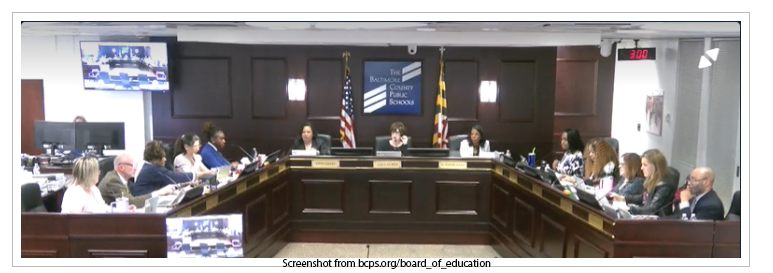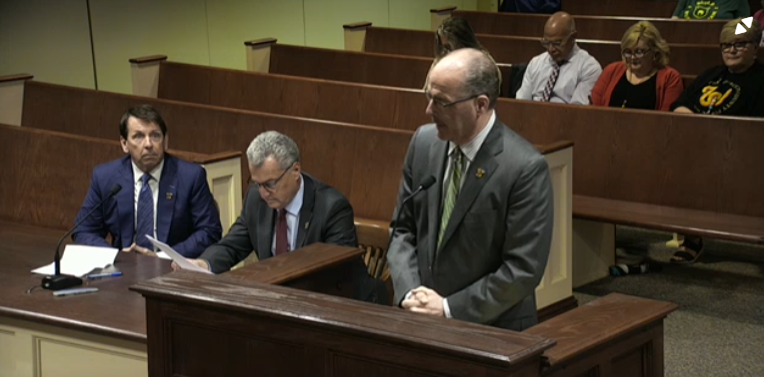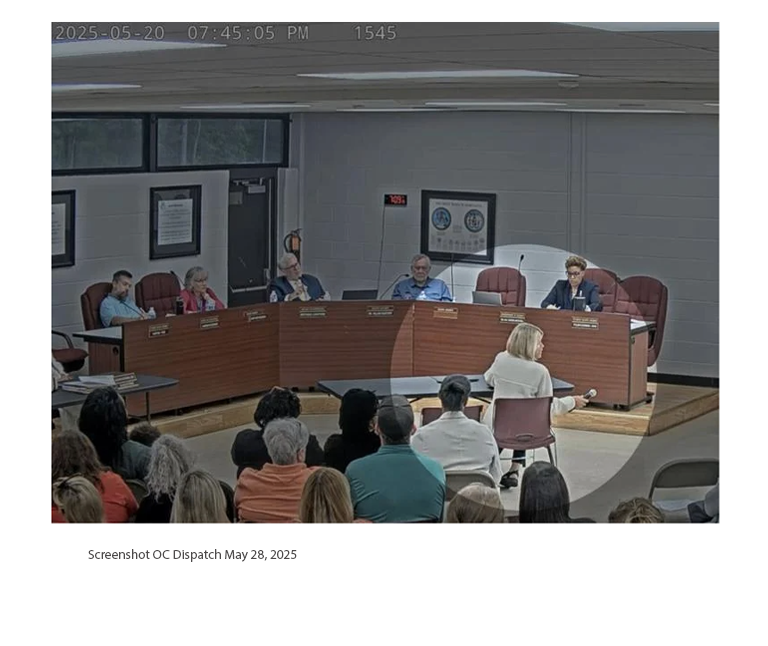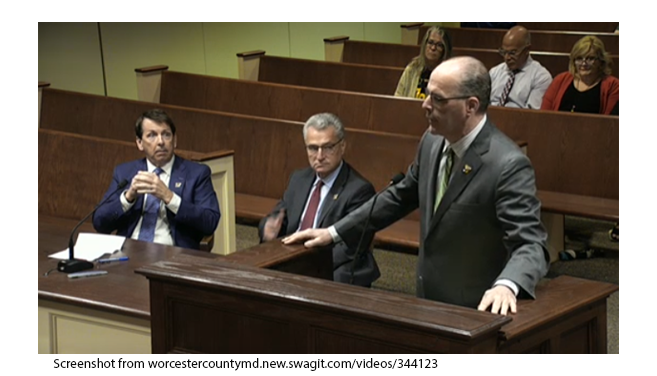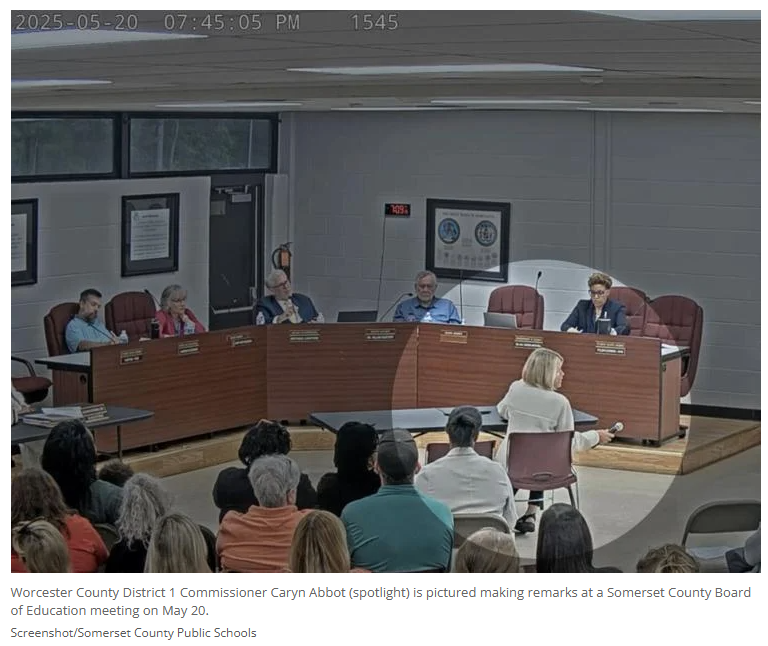
5 Habits of a School ‘Rethinker’ (Opinion)
As regular readers know, my new book, The Great School Rethink, is now out. In recent weeks, I’ve spent a fair chunk of time fielding questions about it. Among the more popular is, “OK, so who qualifies as a ‘Rethinker’?” Does he? Does she?
For those who are inclined to ask, I can save you the trouble. That’s because I always give the same boring answer: Rethinking is about habits of mind, not a roster of names. If that’s an unsatisfying answer, I get it.
Fortunately, while I may not be able to offer a laundry list of Rethinkers, I can offer some insight into what makes someone a Rethinker. Rethinkers know that schools can do much better but are skeptical of overly hyped, one-size-fits-all solutions. A Rethinker is open to reimagining how schools use time, talent, money, or engage with families, and knows that all of this is wholly compatible with a deep commitment to public education. Ultimately, there are five habits that a Rethinker takes to heart.
Ask why … a lot! The best way to resist the temptation to attack poorly understood problems with half-baked fixes is simply by asking “why?” As in, “Why is this person doing this task?” Or, “Why do we give that activity that much time?” Asking questions creates an opportunity to pause and reflect, which is almost invariably more valuable than a well-rehearsed answer. It’s not enough to ask the questions, though. It’s critical that Rethinkers also encourage others to ask them and that they foster a culture where asking “why?” is expected and valued.
Be precise. Years ago, in Cage-Busting Leadership, I shared an example of how imprecise thinking can stymie school and system leaders. I’d been digging into a big district’s efforts to stop routinely granting tenure to mediocre teachers. As I wryly noted: “There was much talk about better recruiting and improved evaluation. Yet, it soon became clear that a key reason no one was denied tenure was that the system had never bothered to generate the forms required to terminate a probationary teacher.” What’s the takeaway? Precision counts.
Take a deep breath. Education is filled with passionate people. That’s a good thing, but it also means a lot of people are sure they know what to do and are in a hurry to do it. This fuels a tendency to vilify the doubters (if I’m “for the kids” and you’re not with me, you must be anti-kid). It also yields planning that tends toward the haphazard and imprecise (because we’re in a hurry, it doesn’t matter if our plan is basically a mess of jargon on a cut-and-paste PowerPoint). A Rethinker should instead pause, take a deep breath, and then move deliberately.
Know that new problems may call for new solutions. When problems change, the answers may, too. This isn’t rocket science. Back in 1900, when 4 out of 5 jobs were on farms or in factories, a high school diploma wasn’t that important. Today, it’s crucial. A century ago, there was no simple way to travel across the country, track lots of information, or casually talk to experts around the globe. Today, this is all pretty routine. As things change, so do needs and possible solutions. A Rethinker doesn’t romanticize the new but knows that there are times when it makes sense to overhaul comfortable routines or reimagine familiar institutions.
Reject change for change’s sake. G. K. Chesterton famously suggested that we ought not “reform” things until we understand them. In his 1929 book The Thing, Chesterton wrote, “[Imagine] a fence or gate erected across a road. The more modern type of reformer goes gaily up to it and says, ‘I don’t see the use of this; let us clear it away.’ To which the more intelligent type of reformer will do well to answer: ‘If you don’t see the use of it, I certainly won’t let you clear it away.’” Chesterton’s point was that removing the fence without knowing why it’s there can lead to bad outcomes for those on both sides of the fence. In judging the merits of change, we should always keep in mind Chesterton’s fence.
Obviously, this is all easier said than done. It’s easy for leaders to spend all day scrambling, which means they spend more time reacting than rethinking. But, as so many leaders can testify, that’s a recipe for frustration. Educators who make time to find time to practice these habits might just be pleasantly surprised by the results.
Dig Deeper With Our Longreads
Newsletter Sign up to get our best longform features, investigations, and thought-provoking essays, in your inbox every Sunday.
The MEN was founded by John Huber in the fall of 2020. It was founded to provide a platform for expert opinion and commentary on current issues that directly or indirectly affect education. All opinions are valued and accepted providing they are expressed in a professional manner. The Maryland Education Network consists of Blogs, Videos, and other interaction among the K-12 community.


